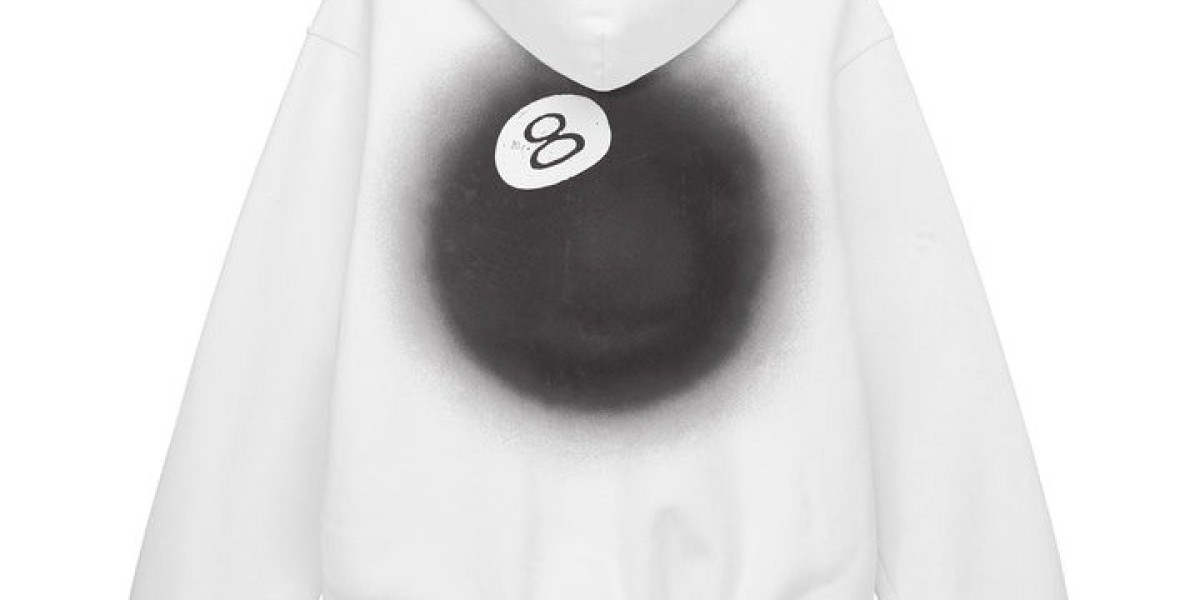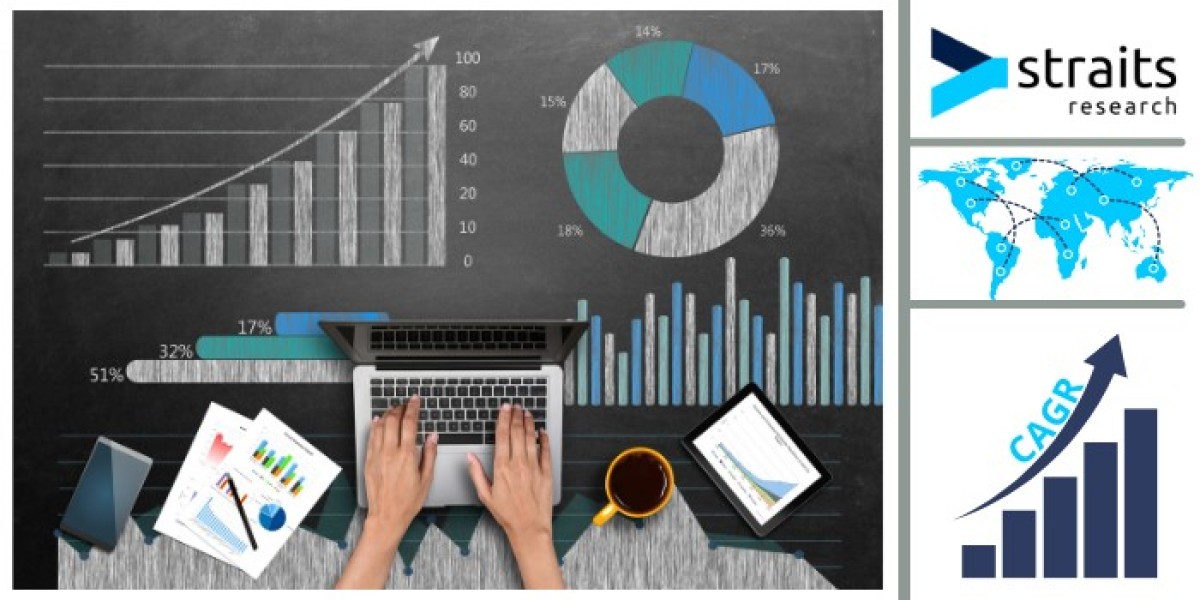Introduction
Learning difficulties affect how individuals process, retain, and apply information. They can impact academic performance, confidence, and even career development. Early and accurate assessment plays a crucial role in identifying challenges and creating strategies for success.
In Dublin, Caroline Goldsmith offers expert psychological assessments for learning difficulties, drawing on her extensive training in educational psychology, clinical practice, and positive psychology. Her approach helps children, teenagers, and adults better understand their learning profiles and unlock their potential.
What Are Learning Difficulties?
Learning difficulties are diverse and can affect different skills, such as reading, writing, or concentration. They are not linked to intelligence; rather, they reflect differences in how the brain processes information.
Common types include:
Dyslexia: Difficulty with reading and spelling
Dyscalculia: Challenges with numbers and mathematical reasoning
ADHD/Attention difficulties: Problems with focus, impulse control, and organisation
Dyspraxia: Difficulties with coordination and planning tasks
Autism-related learning needs: Variations in communication and processing information
Identifying these difficulties early allows for targeted support in school, at work, and in daily life.
Why Psychological Assessments Matter
Psychological assessments provide clarity by identifying both strengths and areas of difficulty. They also form the foundation for effective educational and workplace support.
Benefits include:
Accurate diagnosis of specific learning difficulties
Clear recommendations for teachers, parents, and employers
Guidance for exam accommodations and educational planning
Increased self-awareness and confidence for individuals
Strategies tailored to individual strengths
Caroline Goldsmith’s Expertise
Caroline’s qualifications reflect her specialisation in learning assessments and educational psychology:
Certificate in Clinical Educational Assessment – PSI Dublin (2018)
CPD BPS Certificates in Working with Children with Autism (2014)
ADOS Clinical Setting Certification – Trinity College Dublin (2016)
MSc in Applied Positive Psychology – University of East London (2016)
MSc in Clinical Applications of Psychology – Newman University (2021)
Her training combines diagnostic accuracy with practical recommendations, ensuring families and individuals receive actionable insights.
The Assessment Process
Caroline’s assessment process is structured, thorough, and supportive.
Step 1: Initial Consultation
Parents, teachers, or individuals share concerns and provide background information.
Step 2: Testing Sessions
Caroline uses standardised psychological and educational tests to measure abilities in reading, writing, mathematics, attention, and memory.
Step 3: Observation and Interaction
She observes the child or individual’s learning style, behaviour, and responses during the session.
Step 4: Analysis
Results are carefully reviewed to identify strengths, challenges, and patterns.
Step 5: Report and Recommendations
A detailed written report is provided, including:
Diagnostic findings
Practical strategies for learning and support
Recommendations for teachers, parents, or employers
Advice on exam accommodations, if applicable
Case Example: Supporting a Teenager with Dyslexia
A Dublin teenager struggled with reading comprehension and spelling, leading to frustration and low self-esteem. Teachers suspected dyslexia, but no formal assessment had been carried out.
Caroline conducted a full psychological assessment, confirming dyslexia. Her report recommended exam accommodations, specialist tuition, and strategies to build confidence. With tailored support, the teenager’s grades improved, and they regained confidence in their abilities.
Supporting Children with Learning Difficulties
For children, assessments provide clarity for parents and teachers. Caroline’s reports help schools implement appropriate classroom strategies, such as:
Extra time during exams
Assistive technology for reading and writing
Alternative teaching methods to match learning style
Assessments for Adults
Learning difficulties are not limited to childhood. Many adults live with undiagnosed challenges that affect their work or studies. Caroline provides assessments for adults, offering:
Diagnosis for workplace accommodations
Strategies for professional success
Guidance for continuing education
Linking Assessments to Wellbeing
Learning difficulties often affect confidence and emotional wellbeing. Caroline Goldsmith’s background in positive psychology allows her to integrate resilience-building strategies alongside assessment results. This ensures individuals feel supported not only academically but also emotionally.
FAQs
How long does an assessment take?
Assessments typically take several hours across one or two sessions, followed by a detailed written report.
Can assessments support exam accommodations?
Yes. Reports can be used to apply for accommodations such as extra time, assistive technology, or alternative formats.
At what age can children be assessed?
Children as young as six can be assessed, though assessments are often most accurate once they begin formal schooling.
Are adult assessments confidential?
Yes. All results are confidential and shared only with the individual unless consent is given to share with employers or educational institutions.
Why Choose Caroline Goldsmith for Assessments in Dublin?
Extensive qualifications in clinical and educational assessment
Experience across children, teens, and adults
Comprehensive reports with actionable recommendations
Evidence-based, compassionate approach
Focus on strengths as well as challenges
Conclusion
Learning difficulties can present challenges, but with the right assessment and support, individuals can thrive academically and personally. Caroline Goldsmith provides expert psychological assessments in Dublin, offering clarity, guidance, and strategies for long-term success.
Whether you are a parent concerned about your child, a teenager struggling at school, or an adult seeking clarity for your own learning experiences, Caroline Goldsmith’s assessments provide the insight needed to move forward with confidence.








